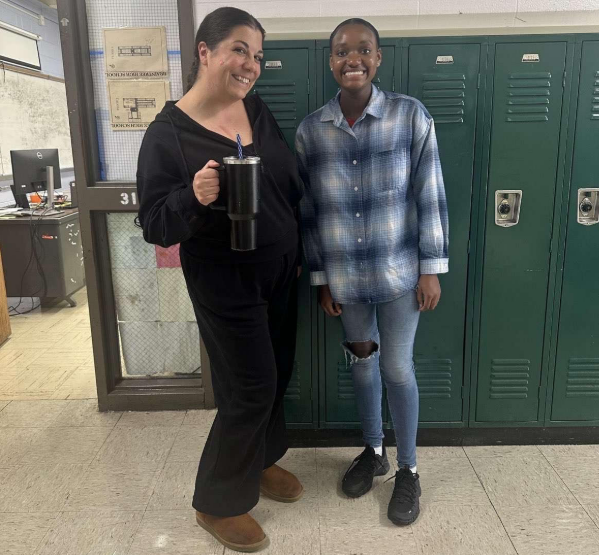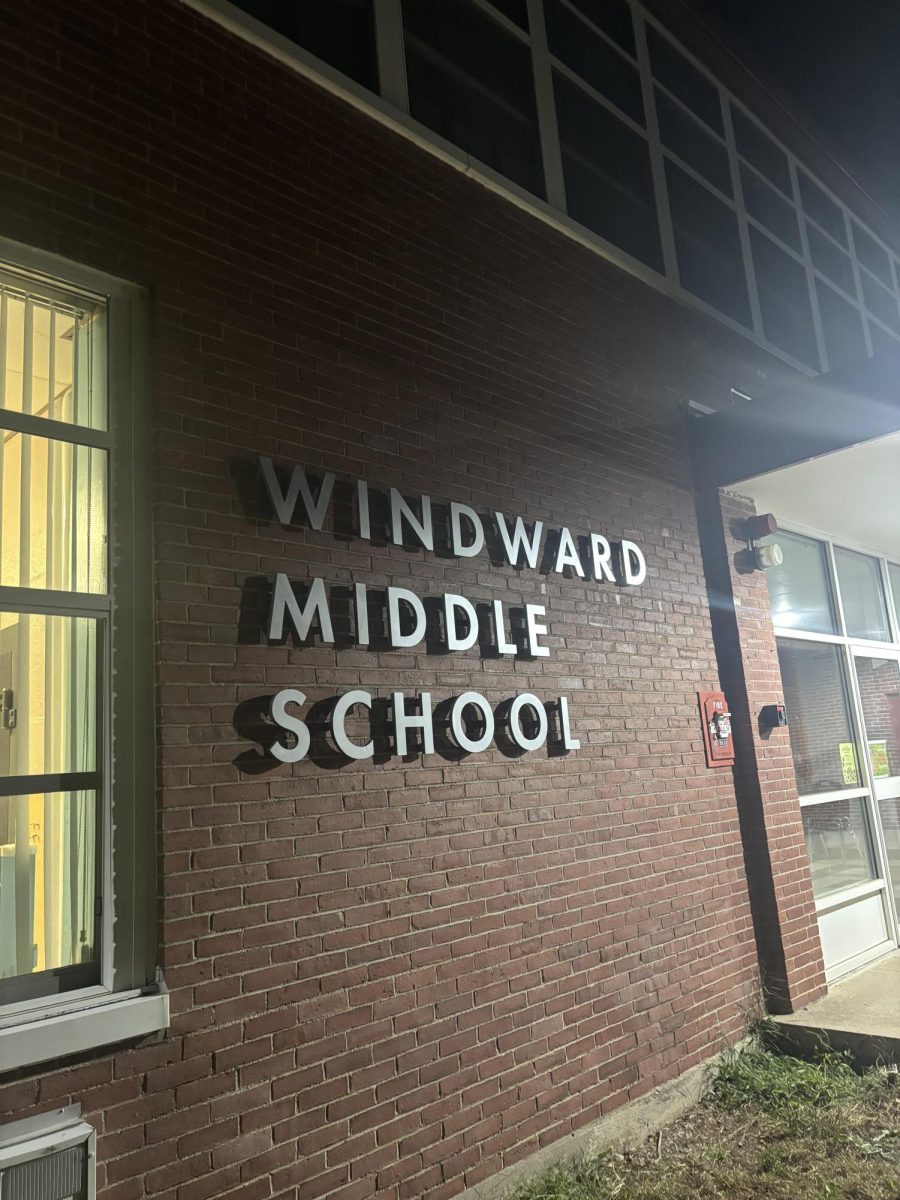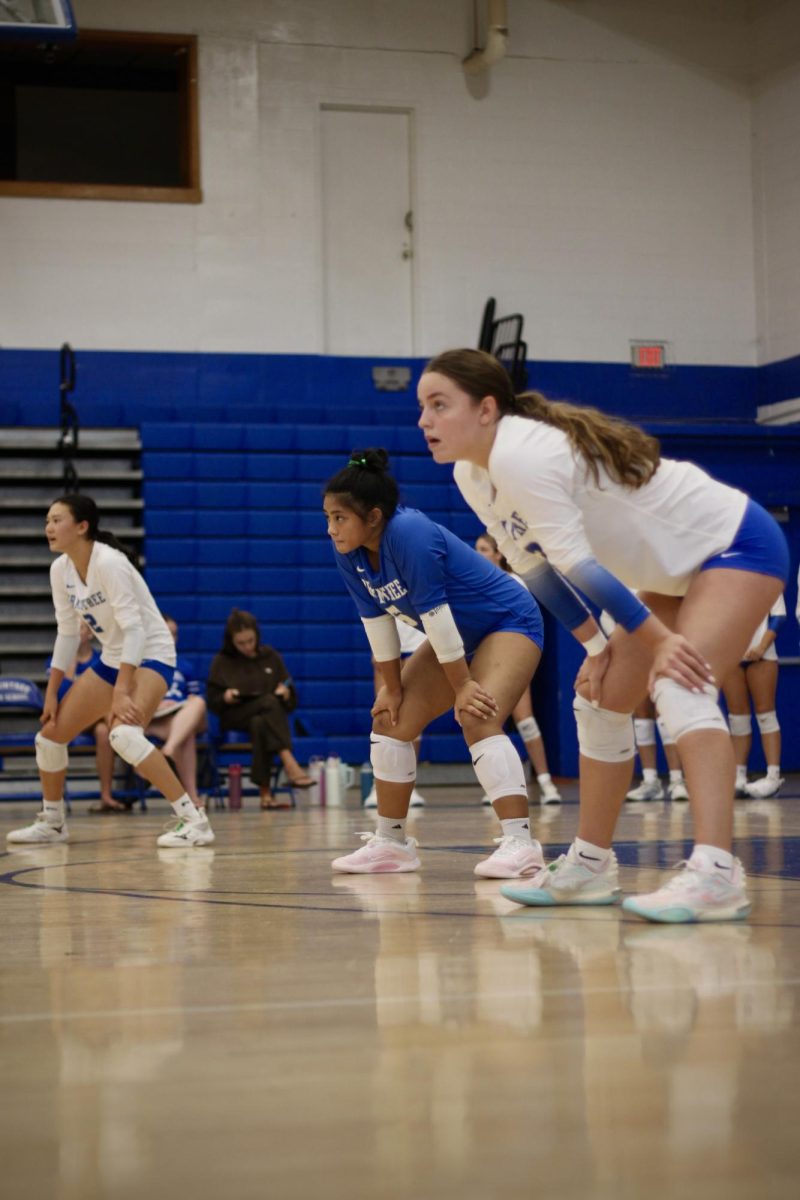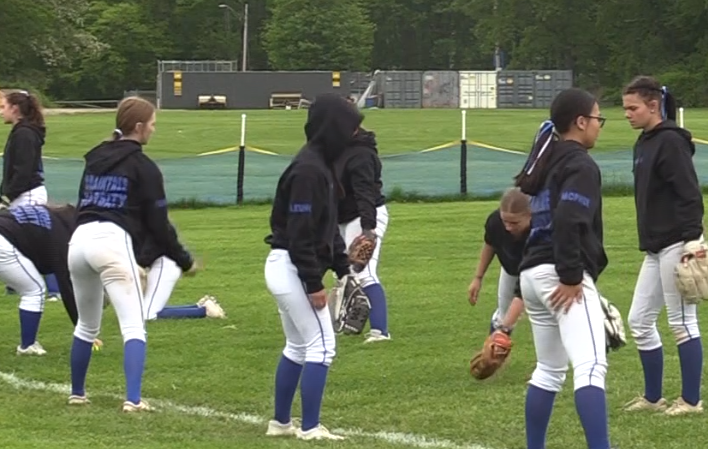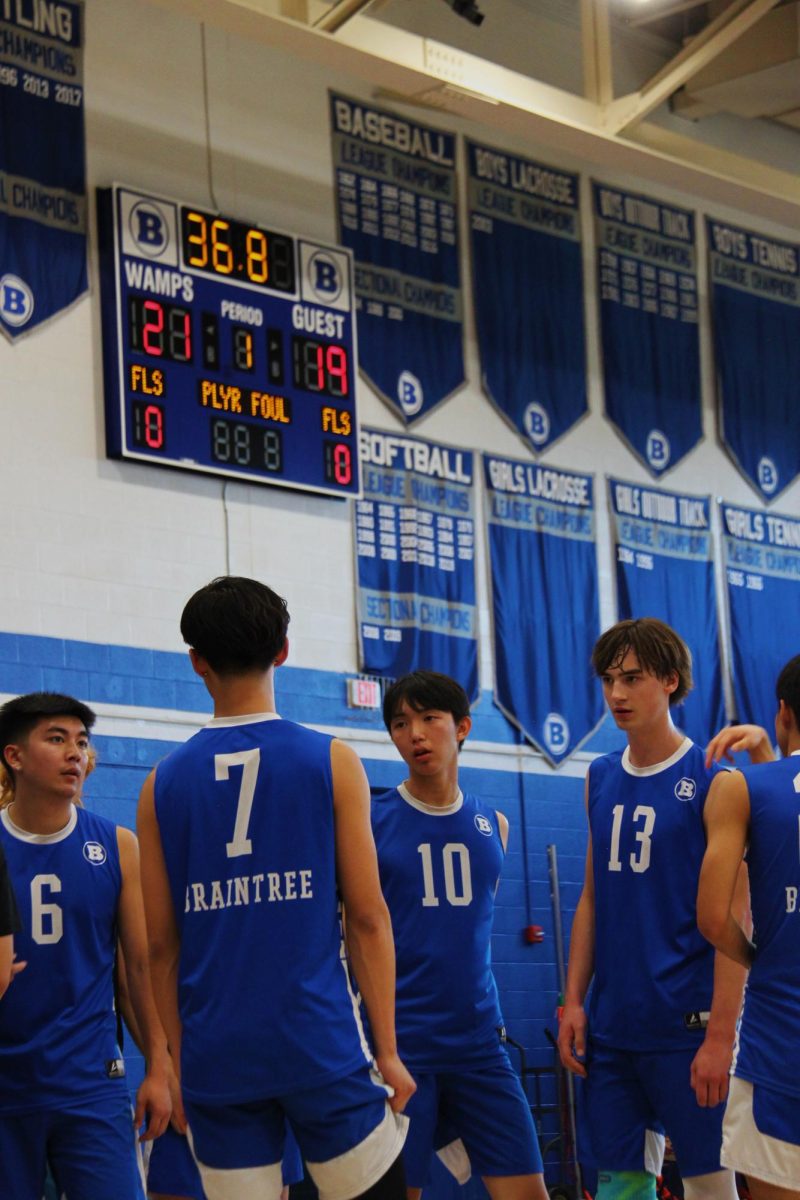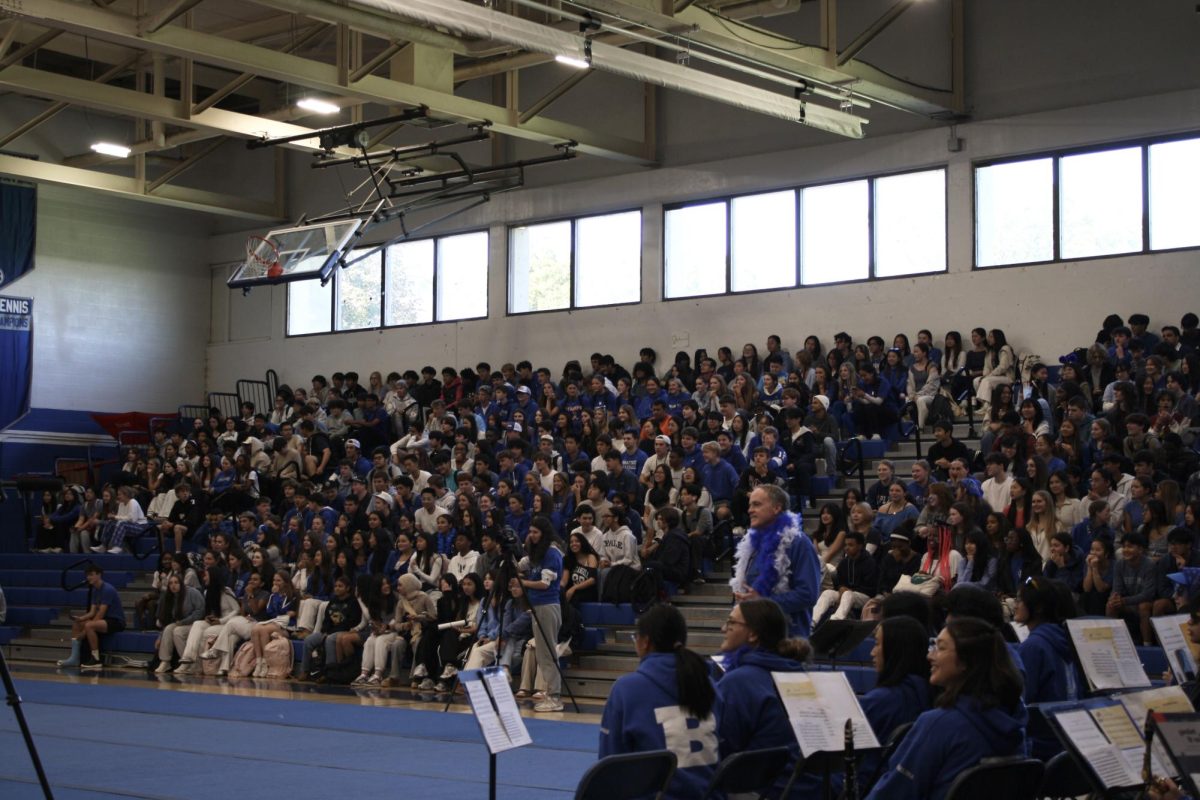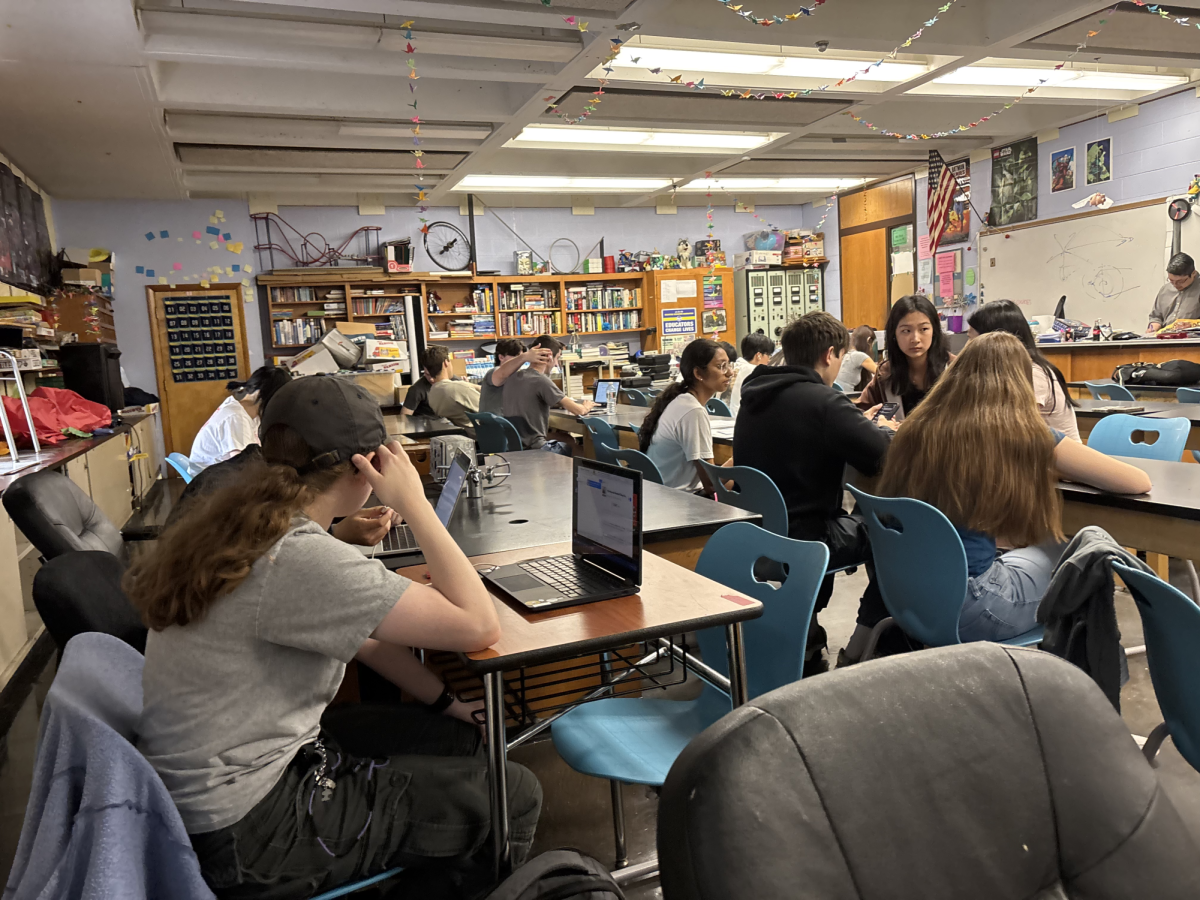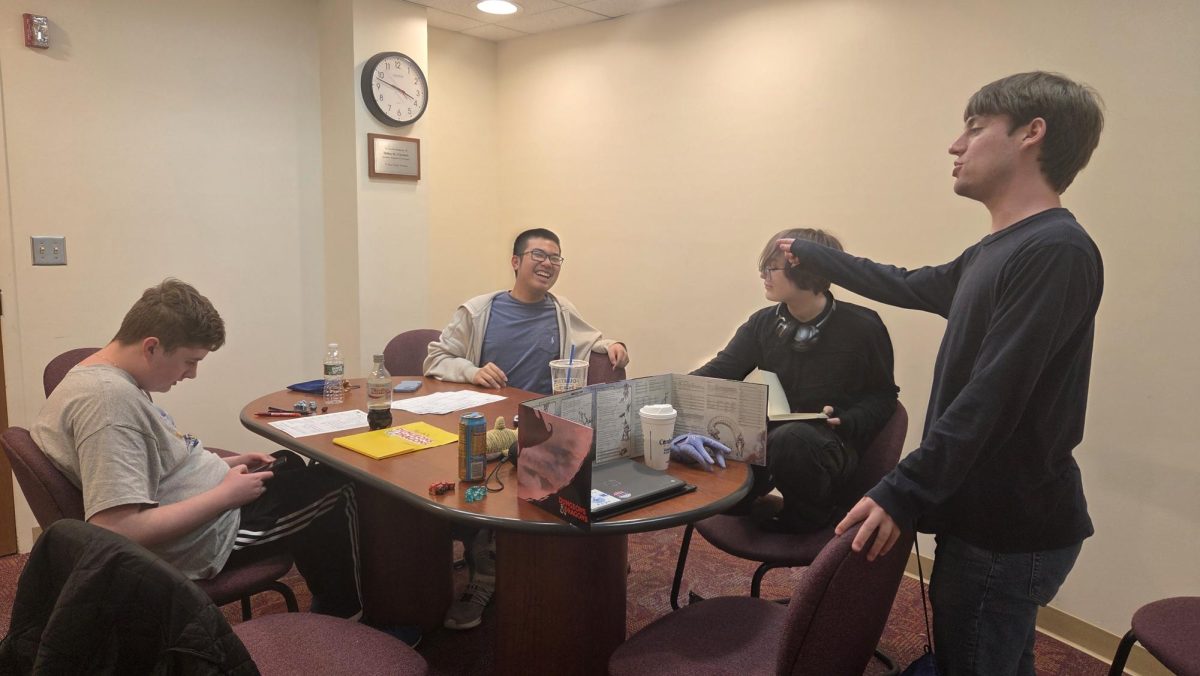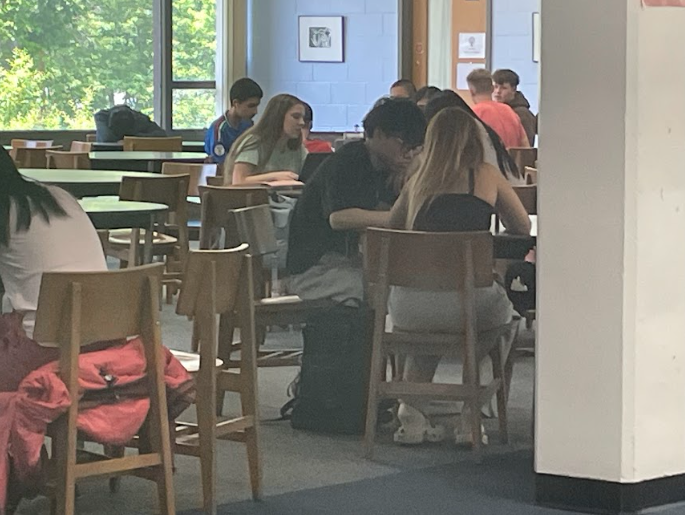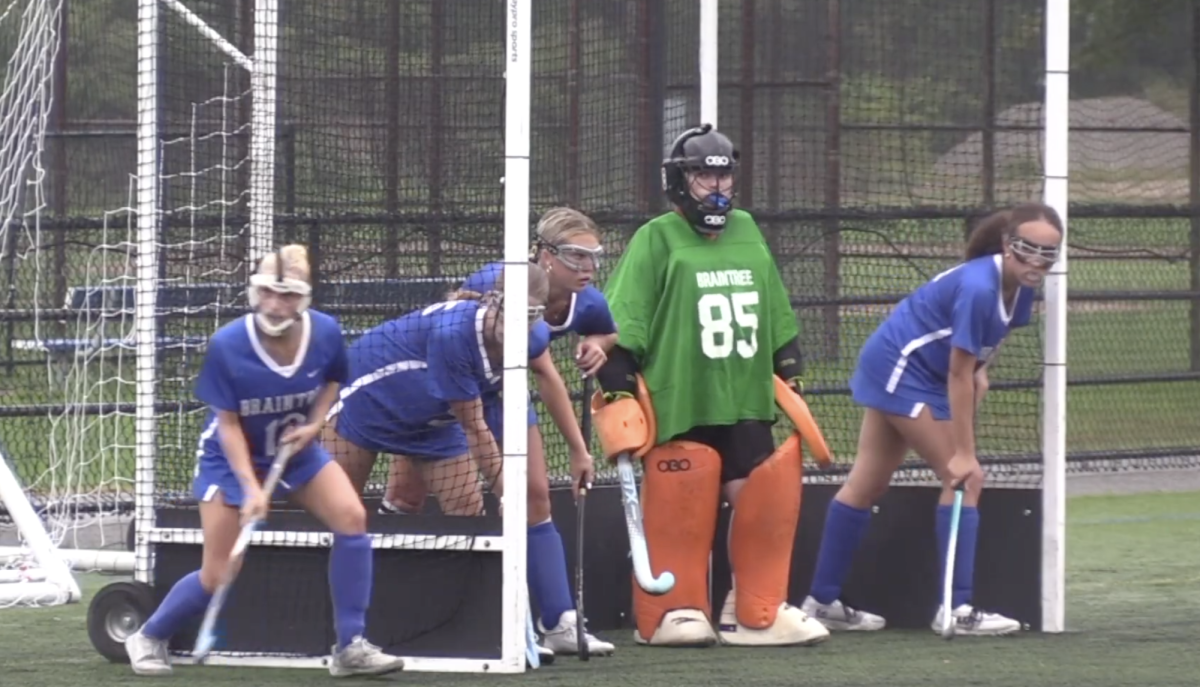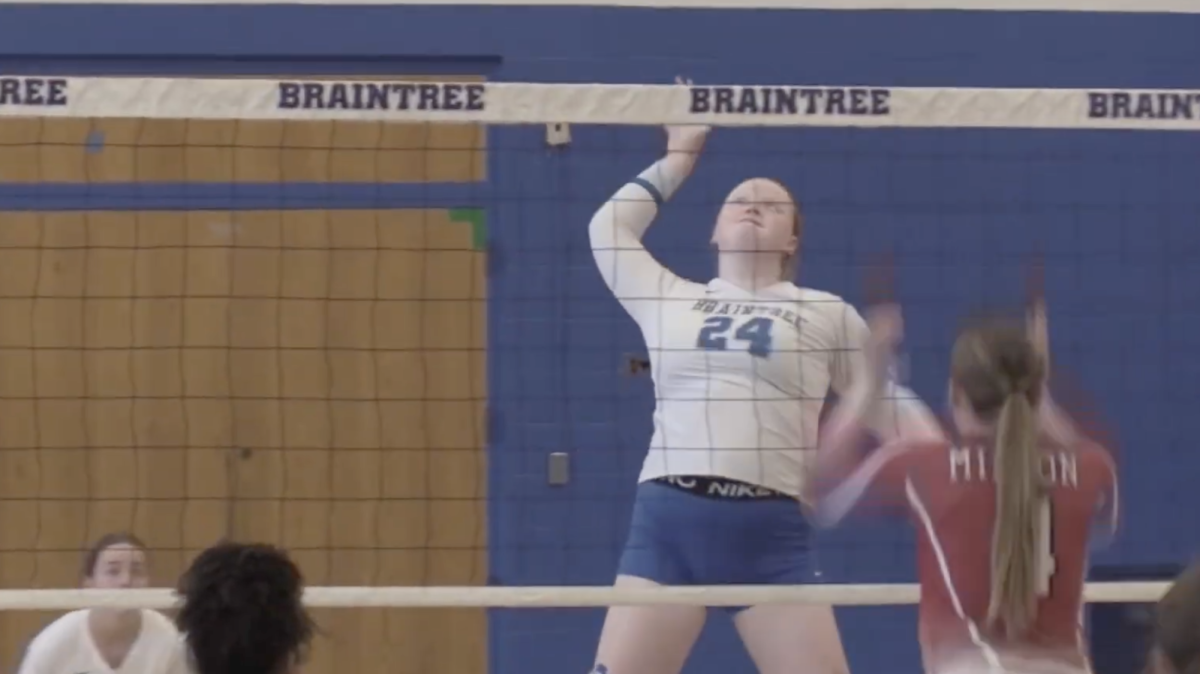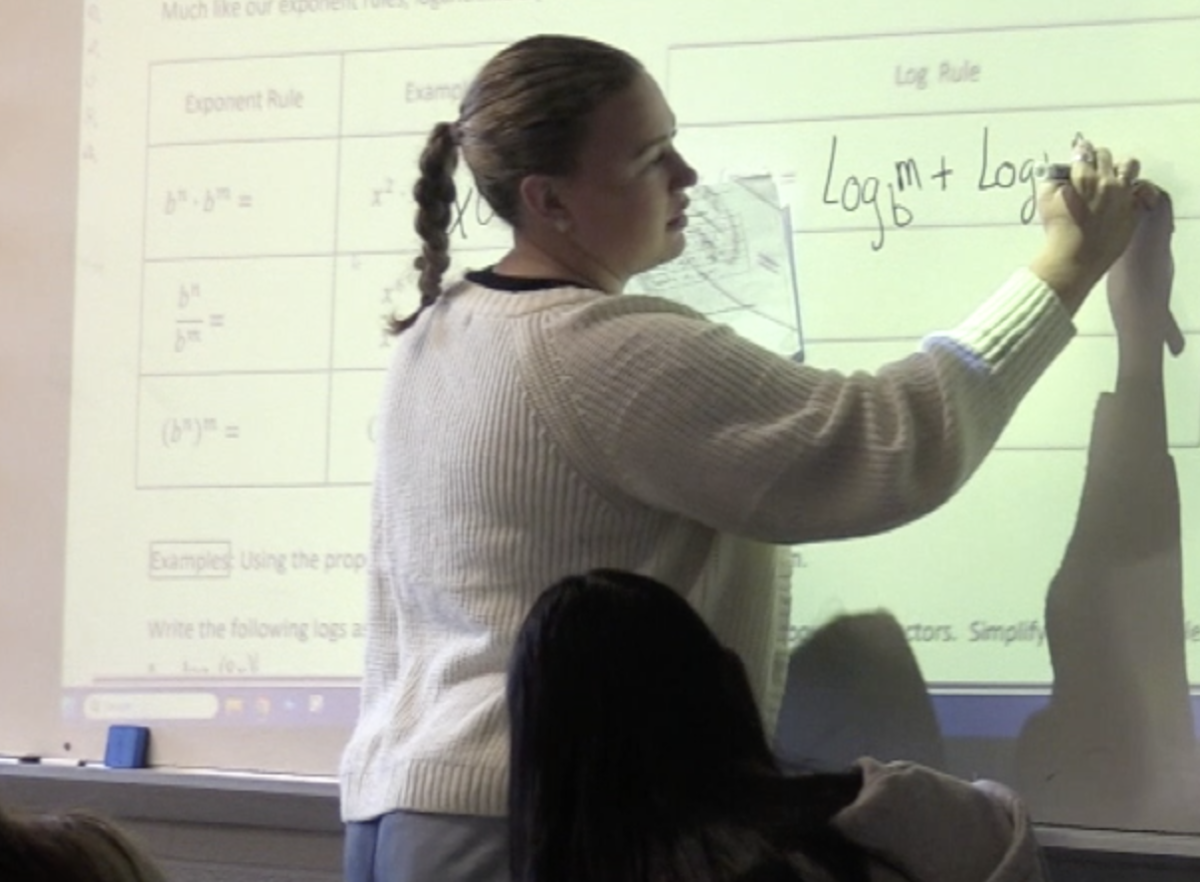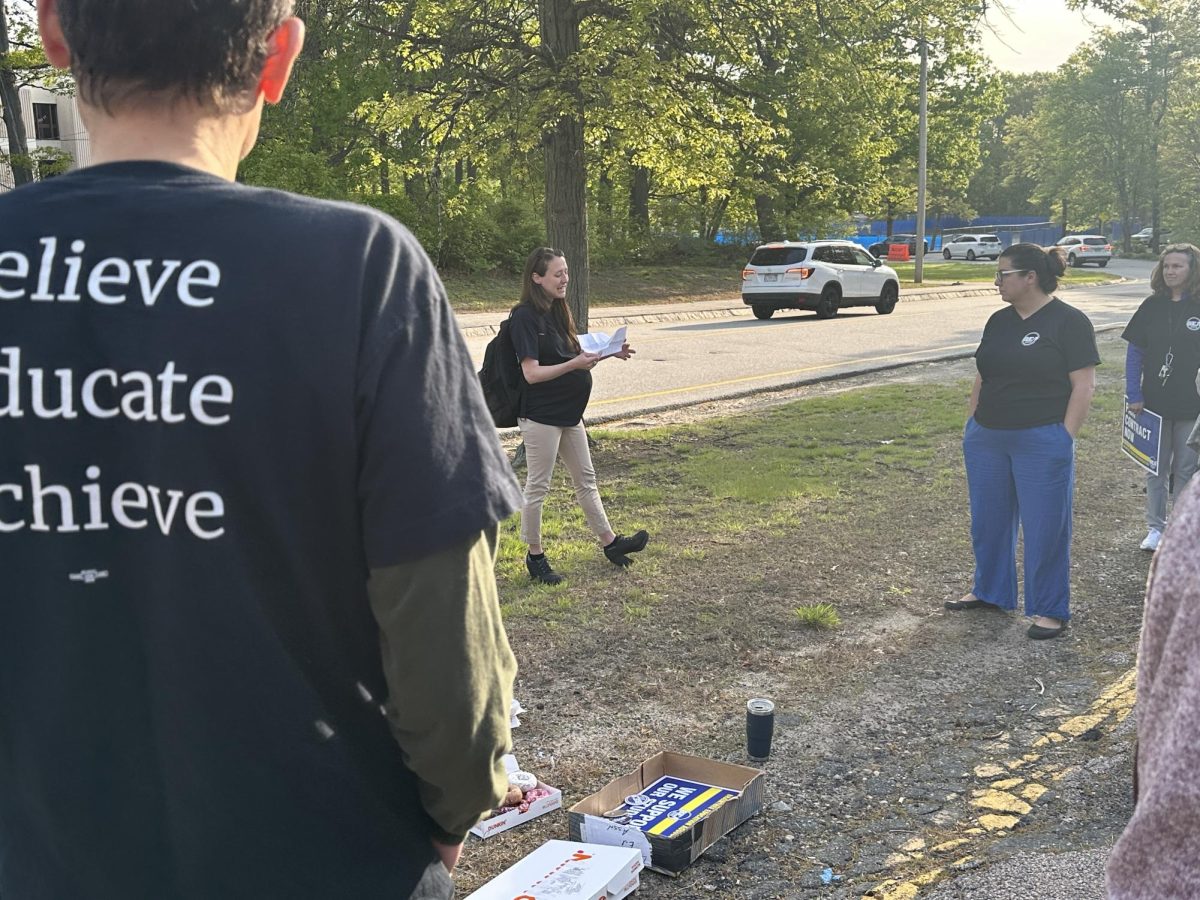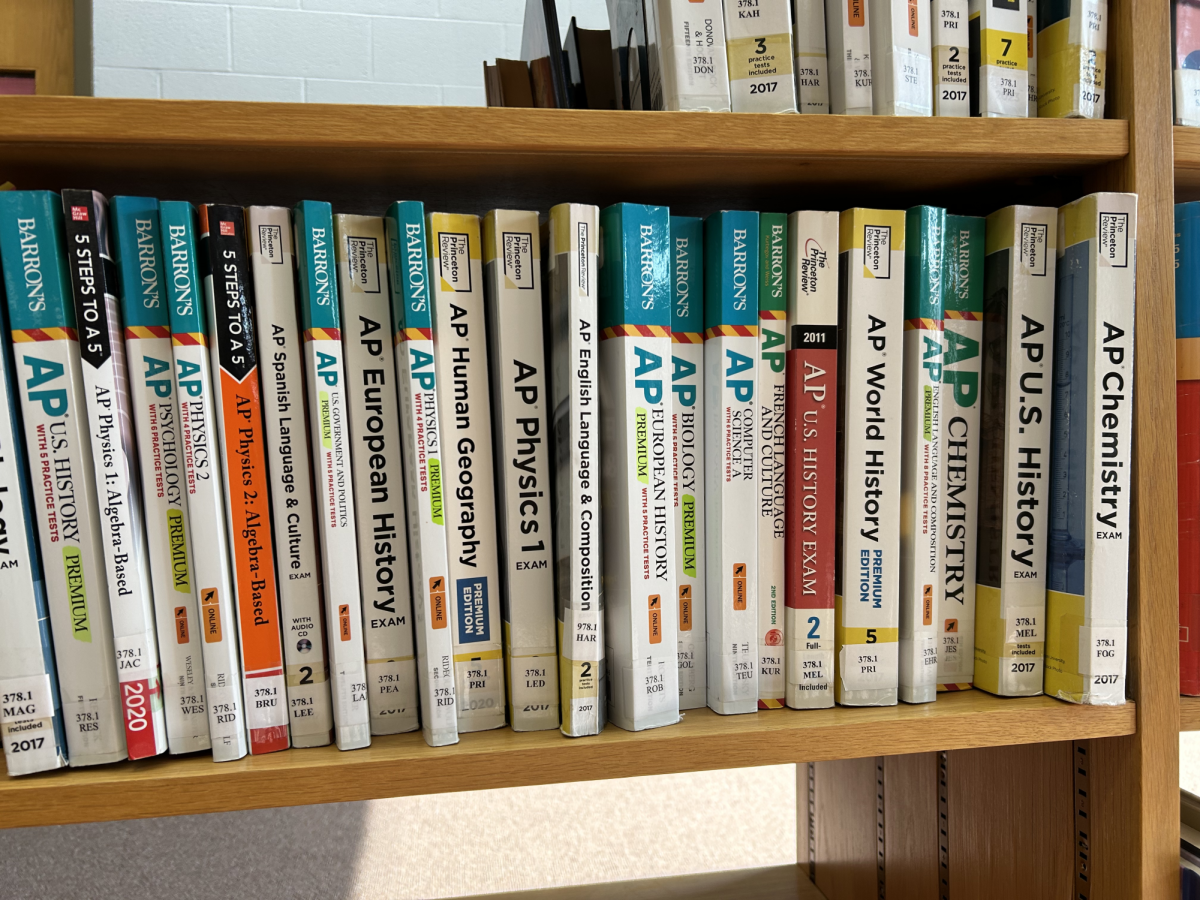In the town of Braintree, the Braintree Educators Association (BEA) is deep in negotiations for a new contract that is critical to protecting their livelihoods and the quality of education in our town. Their previous contract expired earlier this year and currently, the last negotiation for the upcoming school year is at the end of June. If the contract is not reached by that point, educators would begin the new school year without a new contract.
“Every three years, for the most part, school districts negotiate with their teachers’ union… Currently, we are in the middle of negotiations with our union and have already come to a number of agreements,” Superintendent of Braintree Schools Mr. James Lee said.
It’s a process that takes place every three years, and while both sides say progress has been made, key issues remain unresolved.
“There are still issues to be resolved… one of the largest is the financial compensation staff receive for their work,” explained Lee.
All public school systems in Massachusetts are represented by a labor union like the BEA.
“The BEA represents teachers, administrative assistants, paraprofessionals, nurses, and other employees to ensure they are compensated fairly and treated appropriately as employees of our school system,” said Mr. Lee.
Representing Braintree High School and the BEA, is President Truong Dinh, Vice President Molly Fitzgerald, math teacher Tristyn Eckler, and english teacher Lisa Murphy. According to Mrs. Fitzgerald, the stakes of this year’s negotiation are especially high.
“There are a lot of issues that educators in Braintree, and across Massachusetts, are facing. Right now, we are in a period of high inflation…but the funding for education has not kept up. So we are facing cuts, which usually comes in the form of jobs.”
Larger class sizes are already a reality at Braintree High School and without a fair contract, the situation could become worse. Teachers like Mrs. Fitzgerald are currently facing issues like these.
“Our working conditions are the learning conditions of the students that we love,” Mrs. Fitzgerald emphasized. “Ultimately, everything we fight for comes down to making our schools stronger and retaining good educators.”
In the midst of this pressing issue, the Cost of Living Adjustment, or COLA, is a key factor. It is a salary increase tied to inflation and for many public school employees, COLA is an unsatisfactory raise.
“The point of a COLA is to prevent our salaries from eroding,” Mrs. Fitzgerald said. “If you make $50,000 a year, but it’s never adjusted for inflation, then the buying power of that $50,000 goes down every year. This interrupts people’s ability to buy food, pay rent, and afford childcare—essential things people need to live and thrive.”
Without a revised contract, educator salaries may not be able to properly adjust to the rising cost of living.
“Many relate to compensation, others to working conditions, and some to language changes in the contract. We are all hopeful that we can come to an agreement before the end of the year.”
But for the BEA, the conversation extends beyond line items in a contract. They see themselves on the frontlines of a much larger issue—how public education is funded and prioritized.
“The BEA takes an active role in political discussions in Braintree about where funding goes,” Mrs. Fitzgerald said. “Until the laws in Massachusetts change about how much a town can increase its tax levy, education unions like ours will face an uphill battle of cut budgets and worsening conditions.”
For now, both sides are committed to reaching a deal that will allow educators to start the 2025–2026 school year on solid ground. But until then, the future of Braintree’s classrooms and the people who keep them running remains uncertain.
“There are many other things we would like to see, for instance we would love to have more adjustment counselors, psychologists, guidance counselors, more teachers to teach electives, etc, however we understand that the town has a budget, but in a perfect world these staffing editions would be great for all students,” Ms. Eckler explained.

